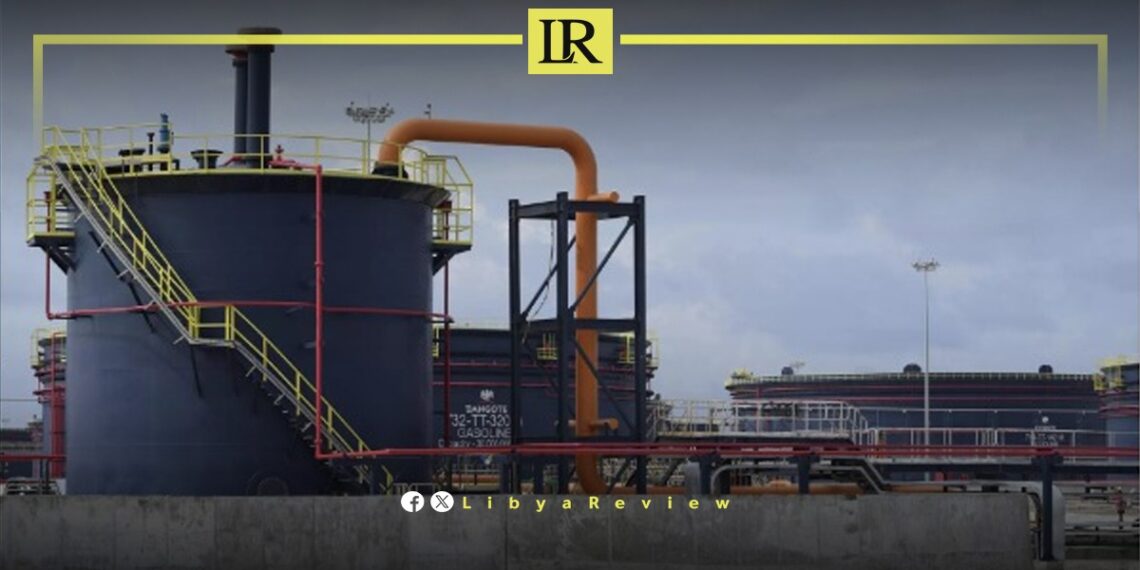The Dangote Refinery in Nigeria, which began operations in January, is in talks with Libya to secure a stable supply of crude oil. Due to challenges in obtaining sufficient crude supplies locally, the refinery has had to import from distant sources such as Brazil and the United States.
Senior executive Devakumar Edwin confirmed the ongoing discussions with Libya and noted that the refinery is also considering engaging other African countries, including Angola, to ensure a consistent supply of crude oil. “We are talking to Libya about importing crude,” Edwin told Reuters. “We will talk to Angola as well as some other countries in Africa.”
While specifics of the negotiations remain undisclosed, Edwin mentioned that international traders and oil companies, including Trafigura, Vitol, BP, and TotalEnergies, are significant buyers of Dangote’s gasoil, most of which is exported offshore.
Despite promises made by Aliko Dangote, chairman of the Dangote Group, that Nigeria would stop importing petrol by June, the refinery has not yet met this goal. Additionally, the Nigerian Midstream and Downstream Regulatory Authority reported that Dangote had requested a halt to the importation of diesel and aviation fuel, a move perceived as an attempt to establish market dominance.
The Dangote Refinery, located in Lagos, is one of Africa’s largest industrial projects, with a refining capacity of 650,000 barrels per day. This $19 billion venture also includes a petrochemical plant and a fertilizer complex, aiming to transform Nigeria from a net importer to a net exporter of refined petroleum products. However, logistical challenges and insufficient domestic crude supply have impeded its progress.
Securing a reliable crude supply from Libya and other African nations could significantly enhance the refinery’s operations and market position. Libya, with its substantial oil reserves, presents a viable option for these imports, potentially stabilizing the refinery’s output.
The success of the Dangote Refinery is crucial for Nigeria’s energy sector and broader economic landscape. By reducing reliance on imported refined products, the refinery could improve Nigeria’s trade balance and create job opportunities. Additionally, it has the potential to meet regional market demands in West Africa, positioning itself as a key player in the global oil trading market.
However, regulatory scrutiny and market dynamics will be critical in shaping the refinery’s future. Ensuring compliance with regulations and fostering transparent market practices will be essential for sustainable growth.
The ongoing negotiations with Libya and other countries underscore the strategic efforts to secure crude oil supplies and enhance operational efficiency, marking a significant step in Nigeria’s journey towards energy self-sufficiency and economic resilience.


